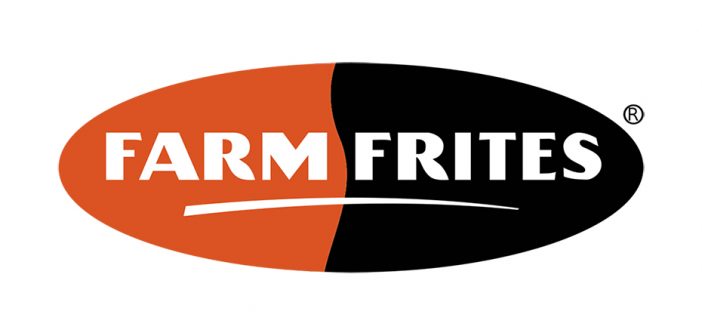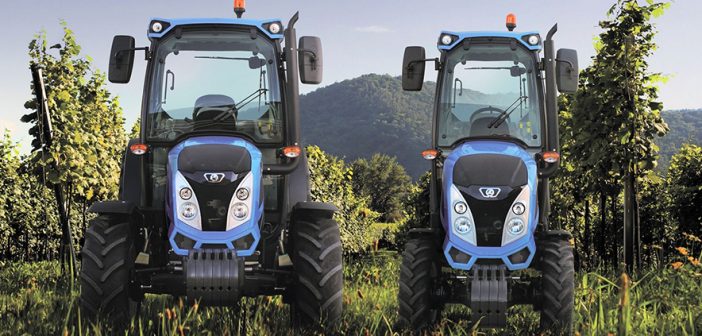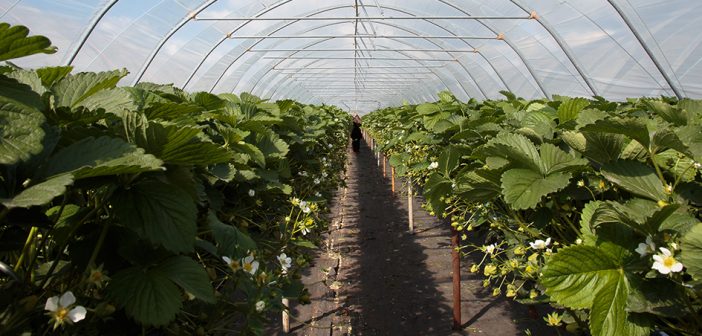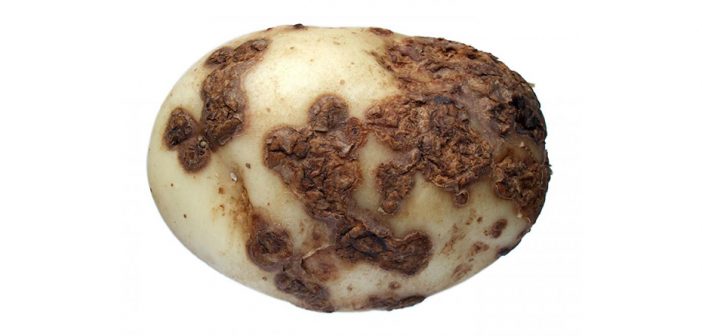Dutch-based Farm Frites has added a new sweet potato French fry to its range, claiming that the new line has a longer chip length and shorter cooking time than other offerings.
It is hoped that the new product will help boost the profitability of caterers by giving them a product which makes consumers want to trade up. “The retail market in the UK has seen a 120 per cent year-on-year uplift in sweet potato sales and the trend to upgrade to a premium side order continues to be strong,” explained the firm’s marketing manager for the UK and Ireland, Nic Townsend.
“Our sweet potato fry cooks in just one and a half to two minutes but this speed is not at the expense of taste. This chip has a fluffy texture, a crunchy bite and a quality taste… We’ve designed this fry to be longer than standard to continue the premium theme.”
“Consumers like premiumisation and the ability to customise their meal. Sweet potato is not just a popular choice that customers expect to see on a menu, it’s a profitable choice for operators who can make a good margin on a simple product upgrade.”

The post Farm Frites launches sweet potato fries appeared first on Hort News.







